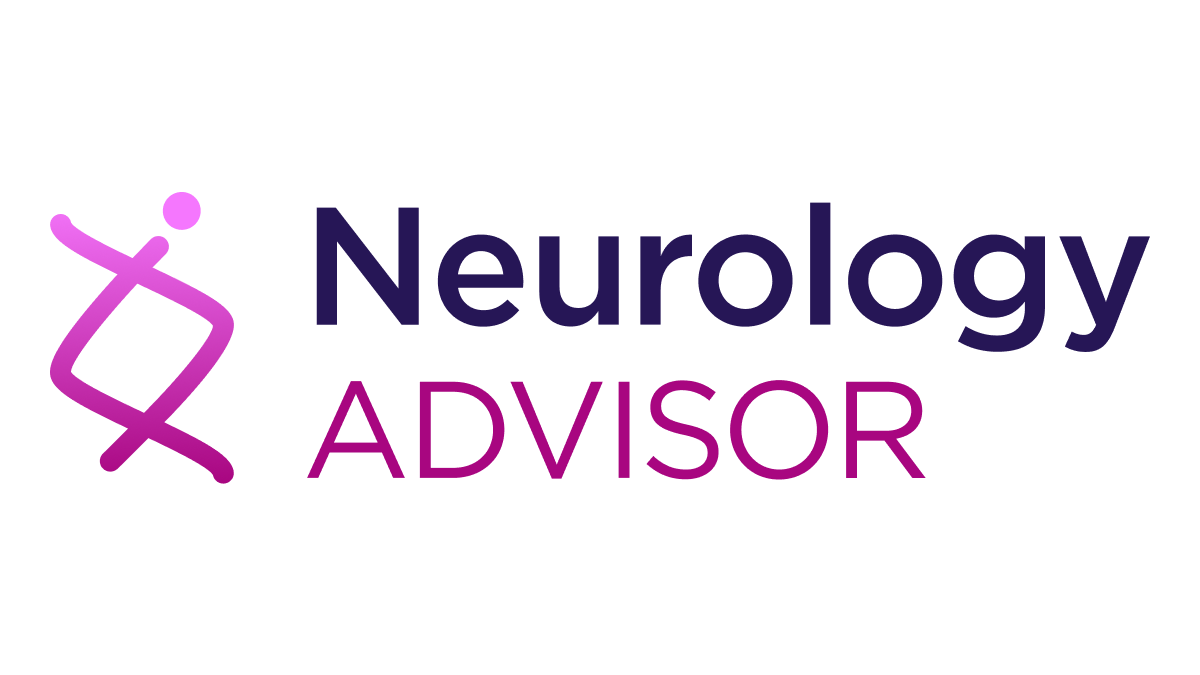
Incorporating visual arts into neurology training improved overall communication and empathy skills among resident physicians, according to study findings published in Neurology: Education.
Researchers conducted the Museum Art in Neurology Education Training (MANET) project to introduce neurology residents to visual arts, foster their observational skills, and encourage empathy.
Resident physicians training in pediatric or adult neurology at the Boston University Neurology Residency Program attended three 4-hour long custom-designed art observation training sessions at Harvard University’s Fogg Museum between July 2022 and June 2023.
A test comprising artworks, magnetic resonance imaging (MRIs), and videos with neurologic findings was completed by residents before and after the intervention to assess for change in observational skills.
The primary outcome was the difference in pre- and post-intervention total test scores. Secondary outcomes included the differences between pre- and post-intervention scores for art and clinical imagery. Two-tailed paired Student t test was used in statistical analysis.
Among the 23 neurology residents, 17 attended the museum art sessions, of whom 12 (71%; women, 75%; adult neurology residency, 92%; postgraduate year 3, 58%) completed both the pre- and post-intervention tests and were included in the study.
When measured as the total score, observational skills improved between the pre- and post-intervention tests (mean score, 22.75 vs 33.5; P =.00005). Improved test score was also observed when focusing on art (mean score, 8 vs 12.5; P =.0003) and clinical (mean score, 14.75 vs 20.25; P =.0015) imagery.
All residents reported feeling more comfortable with ambiguity in a clinical setting after attending the museum sessions and thought the visual arts training program should be repeated in the future.
Most residents strongly agreed or agreed that the visual arts training improved their observational, communication, and empathy skills.
Study limitations include the small sample size, inability to calculate an interrater reliability, and absence of a comparator group.
“Teaching artistic observation to neurology residents contributes to the development of well-rounded physicians with the capacity to be both skilled clinicians and compassionate healers,” the study authors concluded.
References:
Greige T, Odo D, Mani C, Bissonnette S, Anand P. Education research: the MANET project museum art in neurology education training. Neurol Educ. 2024;3(4):e200170. doi:10.1212/NE9.000000000020017
